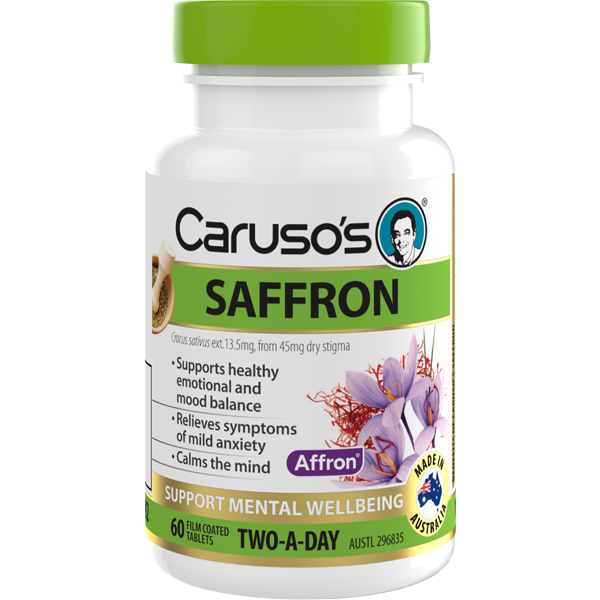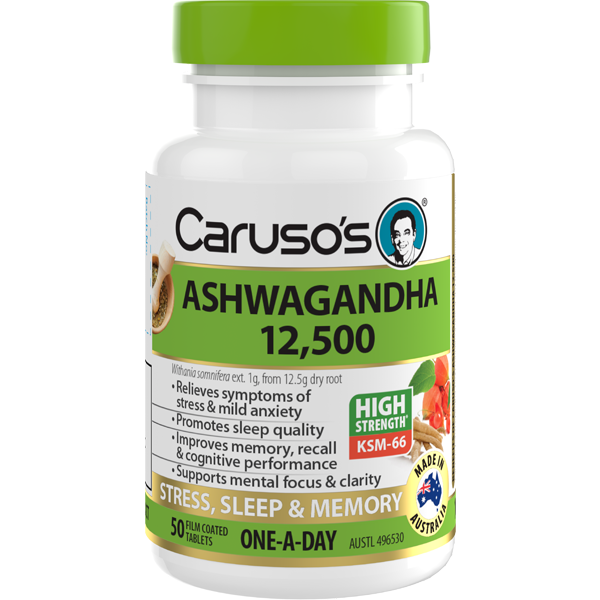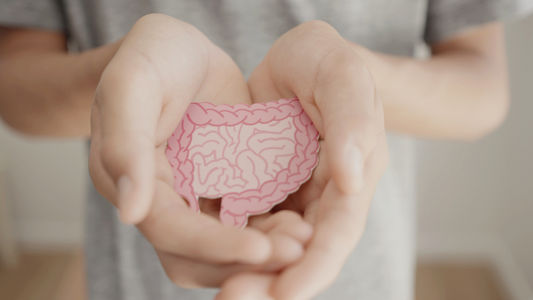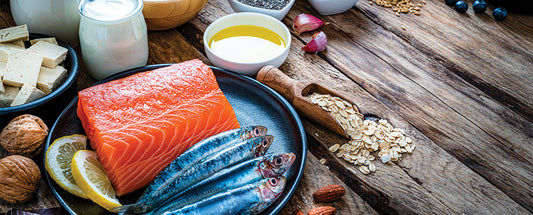
Women’s Mental Health & Wellbeing
share
Mental health expands beyond psychological aspects, it’s a fundamental pillar to overall wellbeing, at every stage of life. Mental health has been defined as a state of wellbeing where individuals realise their own capabilities, have the ability to cope with the normal stresses of life, can work productively and are able to make contributions in their community. It is a worldwide priority to ensure the promotion, protection and restoration of mental health is maintained throughout life.
According to the National Survey of Mental Health and Wellbeing, mental health conditions are a growing concern, with almost half (46%) of individuals aged 16-85 reporting they have experienced a mental health disorder. Women have the highest prevalence and statistics show 14.5% of women reported high to very high levels of psychological distress and one third of females have experienced anxiety, all at higher rates compared to men. Women aged 18-24 years actually had the highest rate of psychological distress compared with any group of age or gender throughout Australia.
The determinants of mental health include: biological, lifestyle, environmental and socioeconomic factors, with gender increasingly being recognised as an influence. Women are affected by hormonal changes such as those during menstruation, pregnancy, lactation and menopause. Mental health conditions occur as a results of various accumulative factors and are rarely due to a single cause. Contributing factors include: genetics, age, health status/history, living conditions, unemployment, workplace environments, discrimination, prolonged stress, trauma, diet, physical activity and more.
So what are some approaches that women can take to maintain a positive state of mental health?
Physical activity is an outlet for stress and helps to keep focus on the present moment, plus supports cognition, sleep, energy and a healthy weight range. Exercise stimulates the release of endorphins and serotonin which can reduce symptoms of stress, mild anxiety, a low mood and also boost self-esteem. Australian guidelines recommend 30 minutes of moderate to intense exercise, daily.
Healthy lifestyle habits can improve both mental and physical wellbeing. The reduction of smoking, alcohol intake, recreational drug use and also screen time can together help to prevent a sedentary lifestyle that contributes towards poor mental wellbeing.
Sleep plays an integral role in general health but also benefits mental wellbeing. It’s recommended to sleep 7-9 hours per night, and according to the Sleep Foundation, women have longer sleeping durations than men, although they have an inferior sleep quality. To optimise sleep quality, practices of sleep hygiene including sleeping environment and sleep-related habits will help to rebalance your internal clock, the circadian rhythm.
There is a strong association between diet and mental health, with focus on omega-3 essential fatty acids such as those found in fatty fish, flaxseeds and walnuts, in supporting nervous system health. Other nutrients to consider include vitamins B12, B6, B9, B1, magnesium, iron, inositol, tryptophan, tyrosine and zinc. Foods to avoid are caffeine, sugar and refined or processed foods as they have an effect on blood glucose levels, which in rapid decline can have a negative impact on mood.
Relaxation is a state of calmness where individuals can manage their day-to-day stress levels. Relaxation practices are beneficial for mental and physical health and can help with muscle tension, sleep, mood and concentration. Find a technique that works for you to make part of your routine.
Relaxation and Stress Management Practices Include:
- Deep Breathing Exercises
- Mindfulness & Gratitude
- Meditation
- Visualisation
- Progressive Muscle Relaxation
- Art & Music Therapy
- Aromatherapy
- Yoga or Tai Chi
- Massage
Traditional herbal medicine has an array of benefits to support a healthy nervous system, providing soothing, calming, restorative, adaptogenic, anxiolytic, aphrodisiac, cognitive enhancing, stimulating, nervine and sedative actions. It is best to seek the advice of a qualified health practitioner such as a naturopath for a personalised health plan, however herbs to consider for support of the nervous system include:
- Lemon Balm: soothes the nerves, increasing both mind and body relaxation to relieve symptoms of stress and mild anxiety.
- Saffron: calms the mind and enhances mind relaxation to support a healthy mood, emotional balance and general mental wellbeing.
- Rhodiola: reduces symptoms of mild anxiety such as irritability and nervous tension to help increase mental endurance and cognitive functions of concentration, focus and clarity.
- Withania: enhancing the body's adaptation to stress and promoting physical stamina which helps to improve exercise performance, muscle strength and also reduce fatigue or debility.
- Passionflower: promotes a refreshing sleep by restoring the circadian rhythm cycle, reducing the time required to fall asleep and relieving disturbed sleep to improve overall sleep quality.
For women wanting to improve their mental wellbeing, ensure you are practicing healthy lifestyle habits, partaking in physical activity, having adequate sleep, eating a nutritious diet and where appropriate, trying relaxation techniques or herbal medicines that suit you.
References: Upon request.
Try it now

Caruso's Mega B Stress + Ashwagandha
Try it now

Caruso's Saffron
Try it now

Caruso's Ashwagandha 12500
share
Stay Informed. Feel Your Best.
Get expert tips and actionable health advice. Be the first to hear about Caruso's product launches and receive exclusive promotional offers.
Join our newsletter today.



